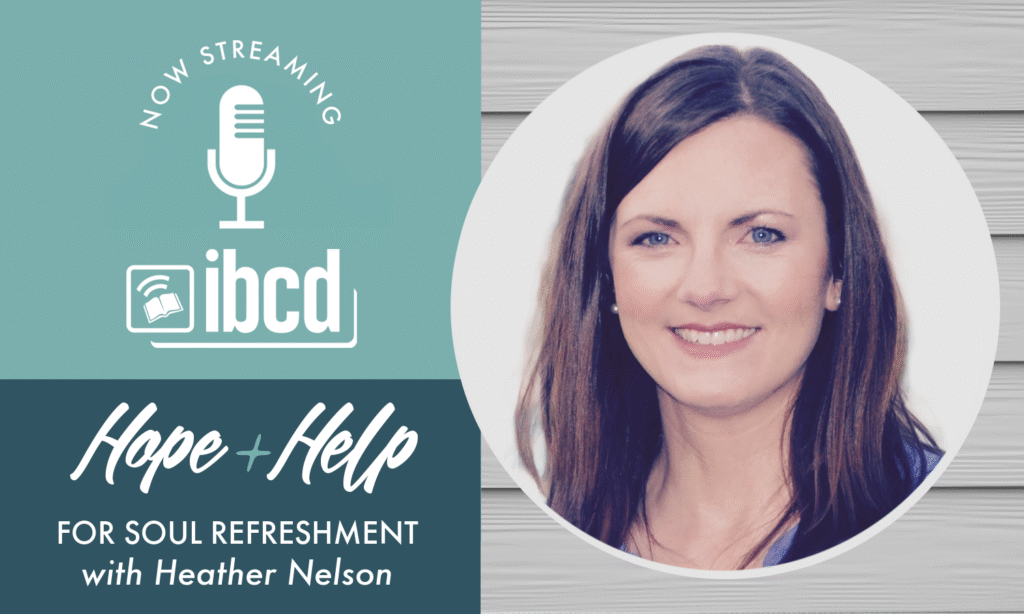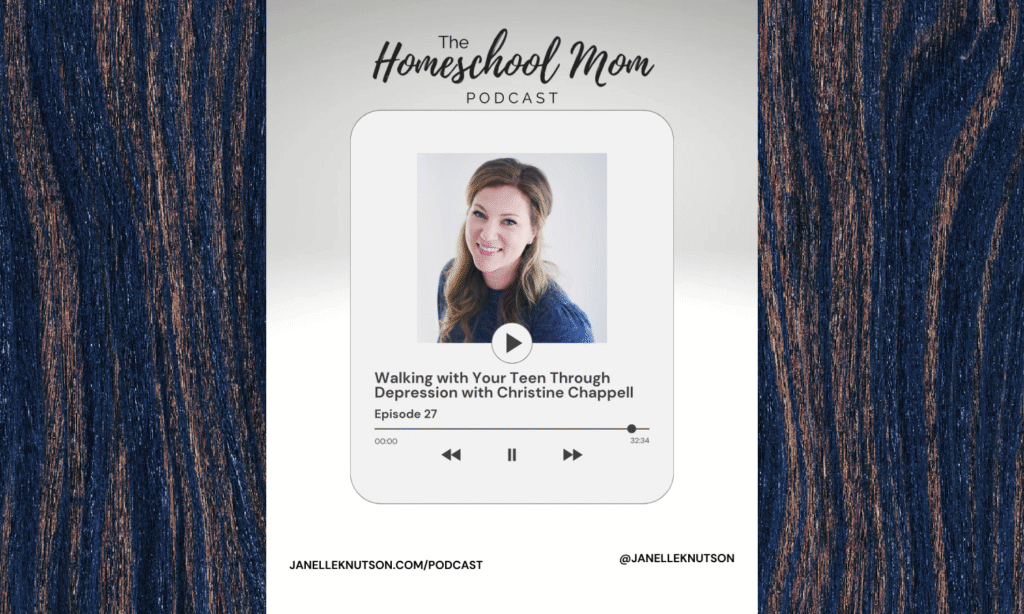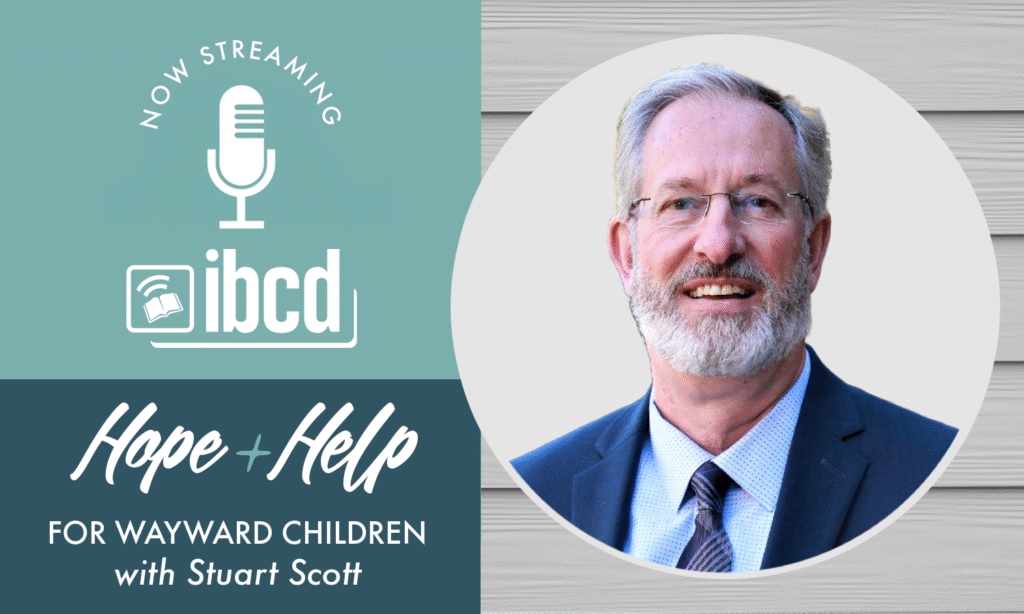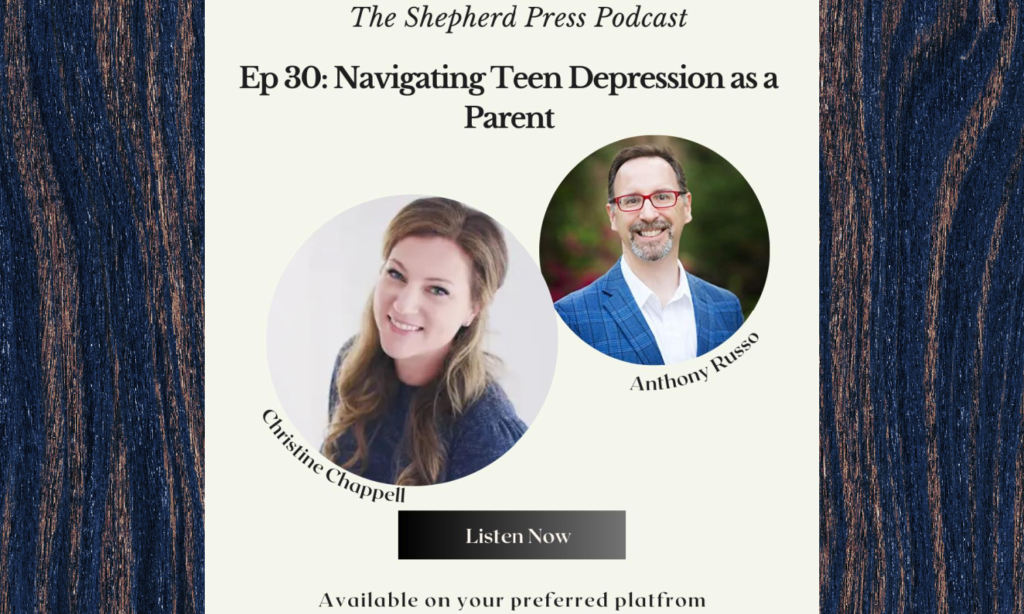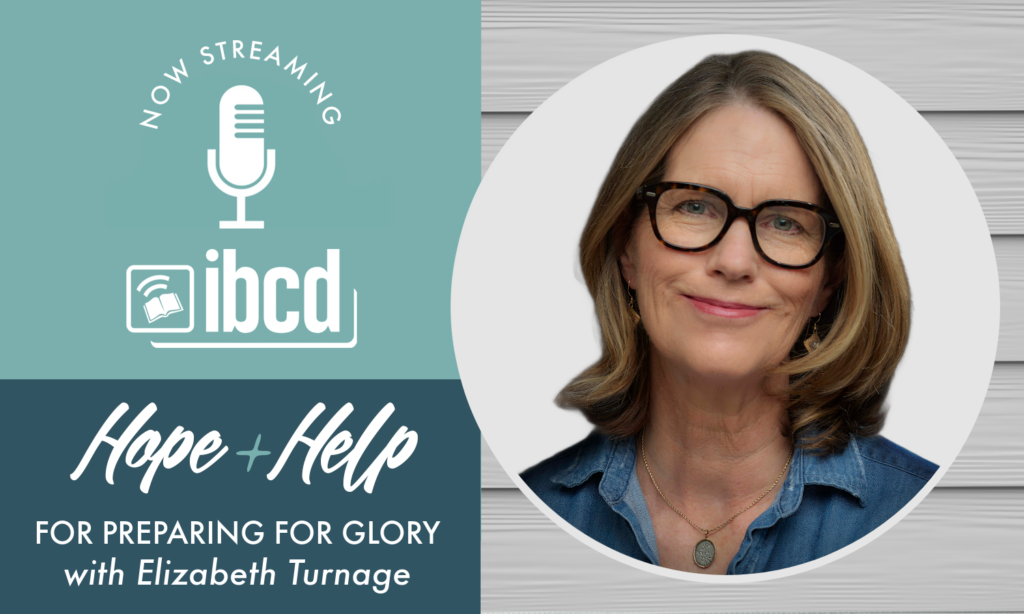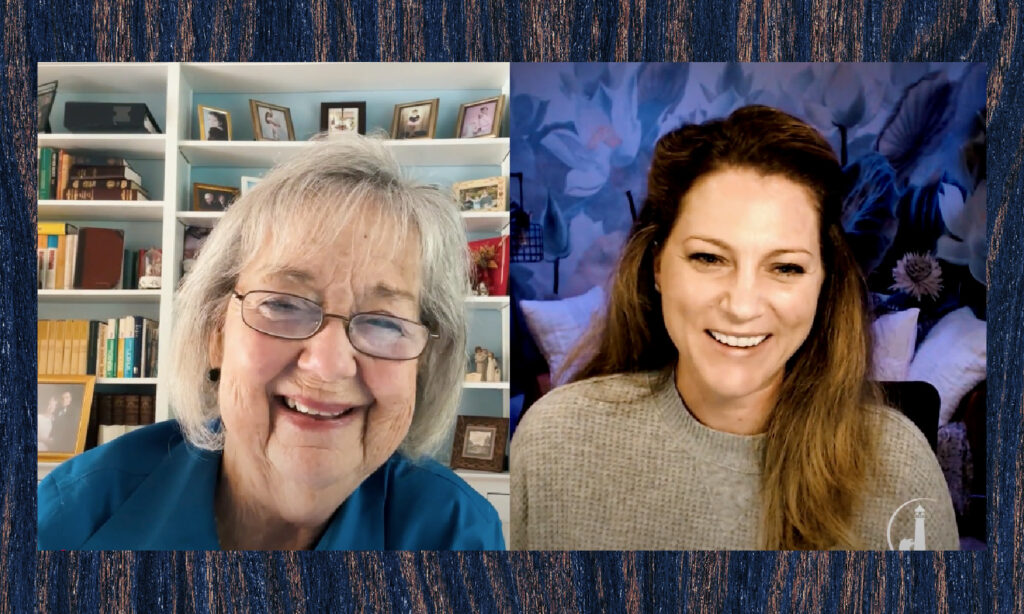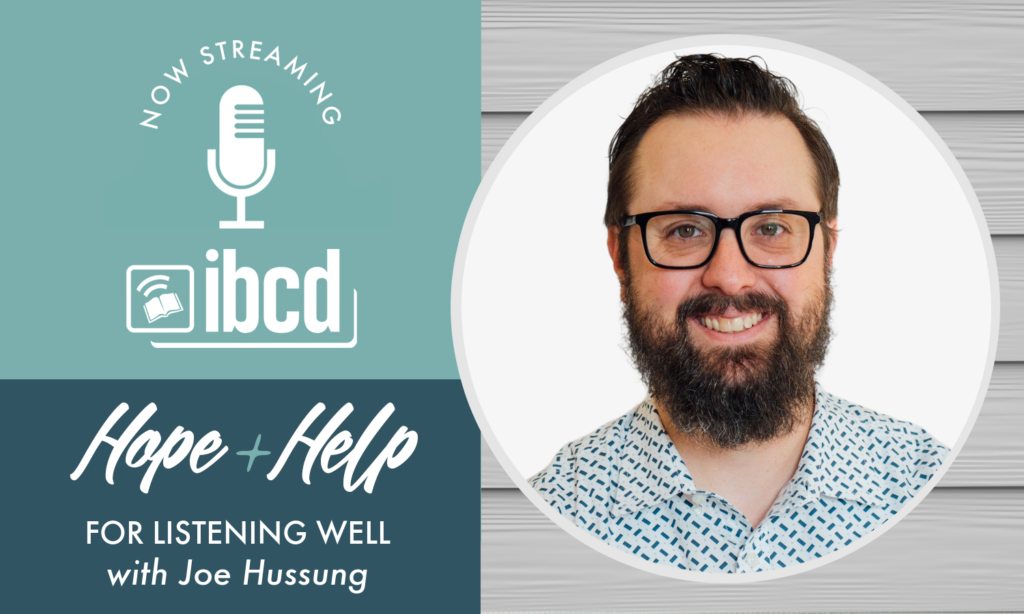When someone is struggling or suffering, they can sometimes be hesitant to reach out for help. They may feel like their burdens would inconvenience someone else, or that their problems aren’t severe enough to involve another person. I know I have a repulsion to my own particular neediness. I’d much rather wade through my struggles and figure out a way through the surf than ask for someone to lend a helping hand. For some reason, we imagine our neediness as a character flaw or as Christian immaturity. We believe we should be more independent than we actually are, and therefore condemn our neediness as sinful.
Unfortunately, the embers of these beliefs can be fanned by experiences we’ve had. Maybe someone wrote us off when we’ve asked for help in the past. Perhaps church leadership treated us harshly when we confided our problems to them. It could be that someone said they would help us, but then got busy with their own life and neglected to follow through. Whatever the case may be, many of us despise our neediness. We don't want to rely on other people for help or wisdom. We hate being needy because it makes us vulnerable to rejection and disappointment. Asking for help exposes us, our problems, and our desperate inability. Needing something from someone squeezes a confession of insufficiency: I cannot do it alone.
Unfortunately, the embers of these beliefs can be fanned by experiences we’ve had. Maybe someone wrote us off when we’ve asked for help in the past. Perhaps church leadership treated us harshly when we confided our problems to them. It could be that someone said they would help us, but then got busy with their own life and neglected to follow through. Whatever the case may be, many of us despise our neediness. We don't want to rely on other people for help or wisdom. We hate being needy because it makes us vulnerable to rejection and disappointment. Asking for help exposes us, our problems, and our desperate inability. Needing something from someone squeezes a confession of insufficiency: I cannot do it alone.




